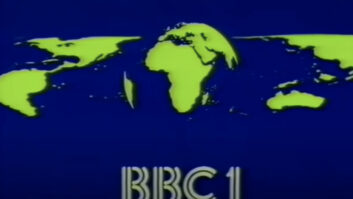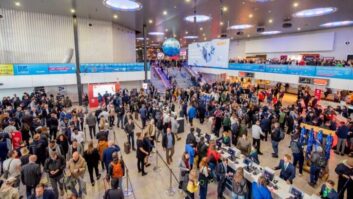Spencer Stephens, formerly CTO at Sony Pictures Entertainment, said he is extremely worried about the state of broadcasting today. Now running his own consultancy, he is chairing sessions (Room G102-3) on 15 September, and warns that the world’s new OTT ‘broadcasters’ are better placed than the studios to make compelling content. “We’re at a tipping point. Netflix and Amazon are winning Emmys and Oscars; they are global with the purchasing power to match and they’re demanding exclusivity for five or 10 years.”
“Hollywood’s traditional TV series would be aired by a network on a first-run basis. But then the various release windows would kick in, running for years and years. All that [income] vanishes when you are producing for Netflix or Amazon. The business model is changing completely.”
“The EU’s single digital market is not helping,” he added. “Broadcasters in some small European country will now have to buy licences to cover the whole of Europe. How can they afford this? It might suit people like Sky or possibly Canal+, but someone like Latvia?
“Life is also going to have to change for the likes of Sky. Broadcasters use their relationship with their audiences that’s tied to a slice of spectrum. In my view, they are living in cloud-cuckoo land. Everyone complains about ‘cord-cutting’ but few viewers are actually cutting the cord.
But they are shifting their loyalty from a dedicated linear network or closed system via a set-top box, to OTT services. The business relationship that they had [with a broadcaster] is totally changing.”
Stephens added: “The life of a creative at Netflix or Amazon is much like the ones at HBO. They get a complete series order, they don’t get much interference. A typical linear US broadcaster might give you the go-ahead for a half-dozen episodes, or perhaps half a season at best, and then you risk being cancelled after three episodes, barely giving anyone a chance to catch it. Netflix and Amazon don’t work that way.
They know if a viewer doesn’t like this or that show or movie, then they’ve got a simply massive set of other choices available.”







